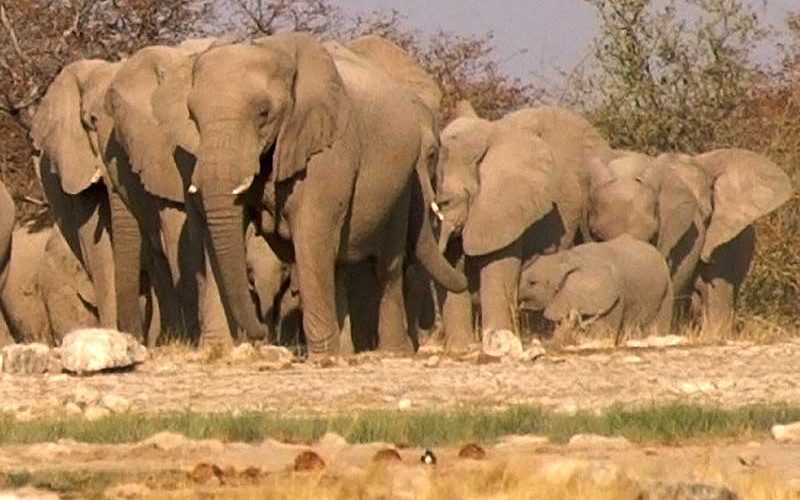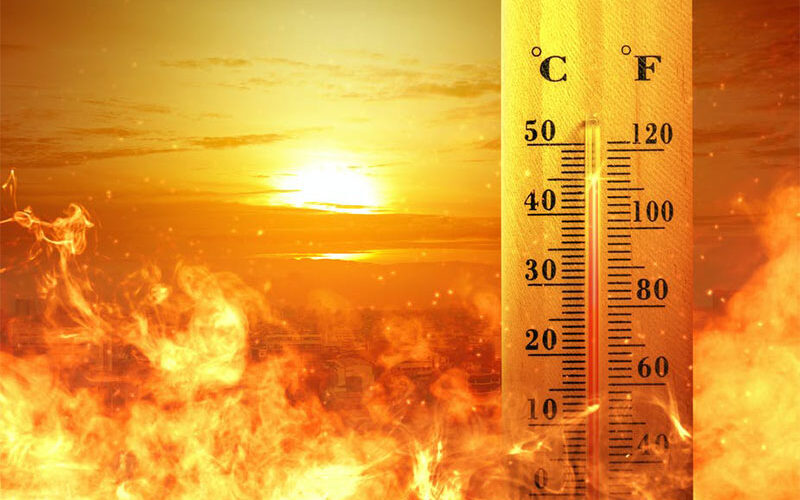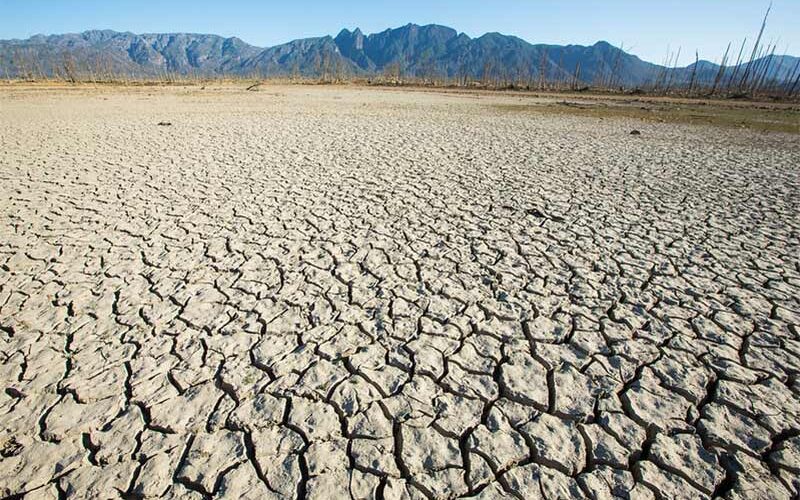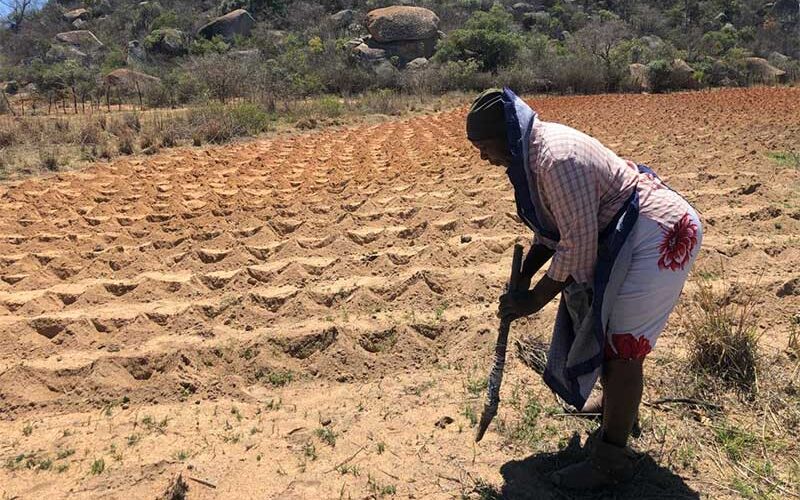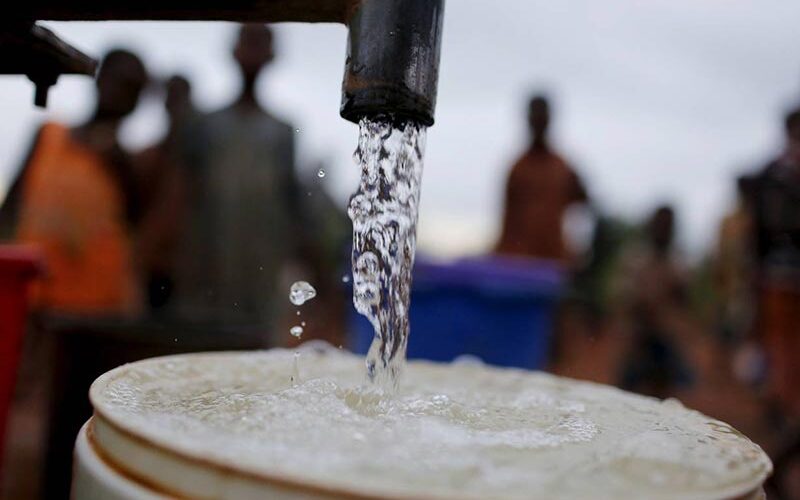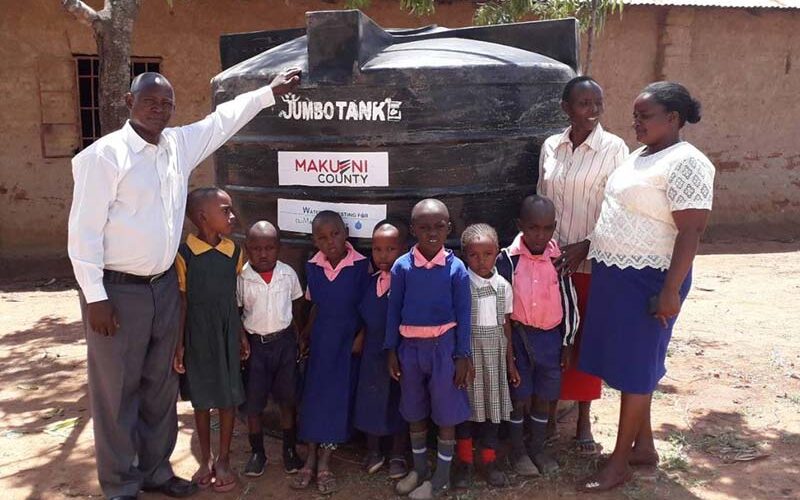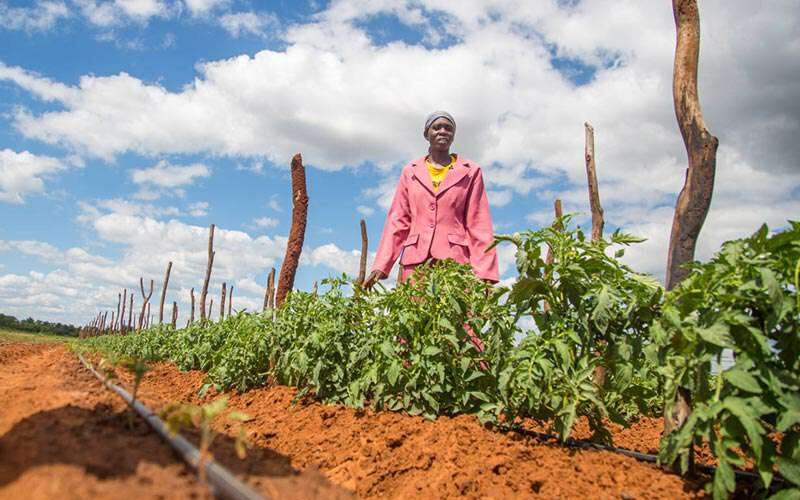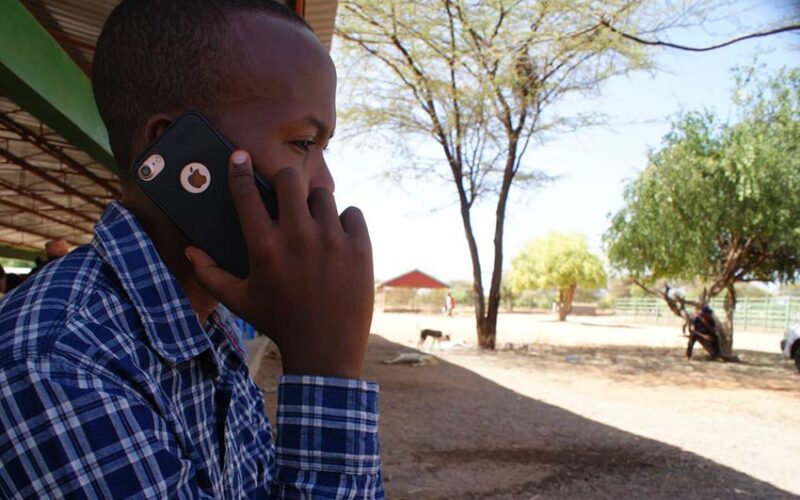
Smart weather app helps Kenya’s herders brace for drought
KAGONDU NJAGI SITTING under a low tree to escape the blazing Kenyan sun, Kaltuma Milkalkona and two young men hunch intently over the older woman's smartphone - but they are not transfixed by the latest sports scores or a trending internet meme. The men instead are looking at a weather alert for their village in the country's north, sent through an app that uses weather station data to help pastoralists prepare for drought. The myAnga app on Milkalkona's phone showed that Merille would continue facing dry weather and that "pasture conditions (were) expected to be very poor with no grass…

